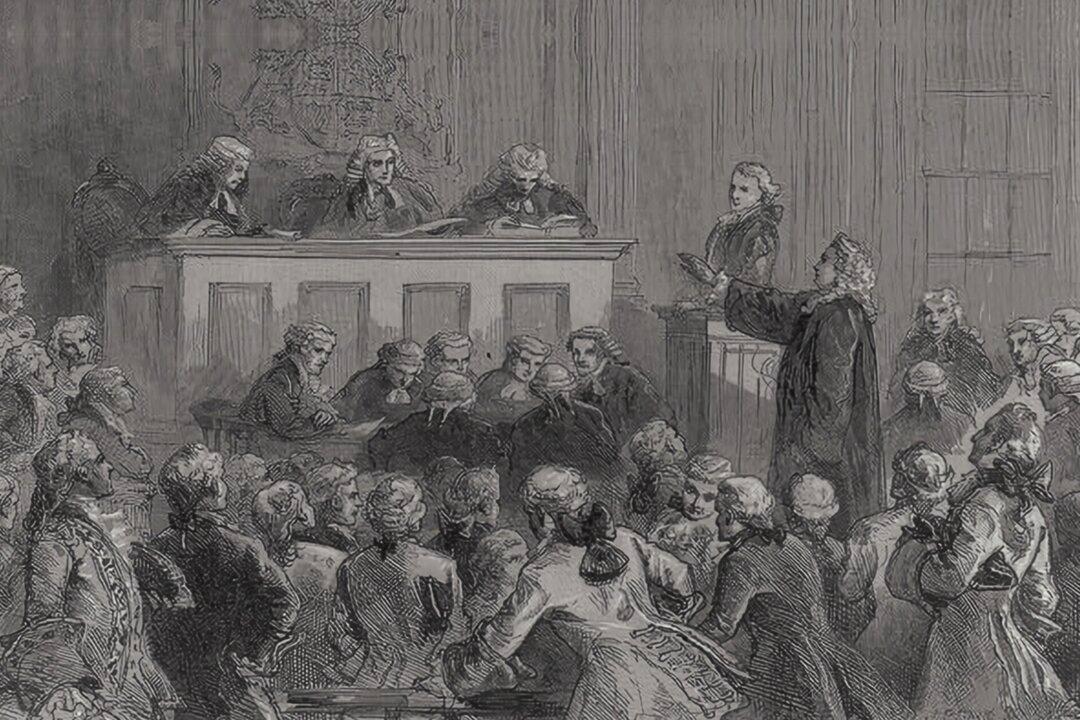When James Madison of Virginia, later the fourth president of the United States, wrote that “Congress shall make no law … abridging the freedom of speech, or of the press”—God-given rights ultimately enshrined in the First Amendment to the Constitution—there is little doubt that one thing on his mind was the trial of John Peter Zenger half a century earlier.
A German by birth, 13-year-old Zenger immigrated in 1710 to New York, where, after the death of his father, he was indentured for eight years to William Bradford—the city’s lone printer. In 1726, Zenger established a modest publishing house of his own. And it was here that he ran up against the politics of William Cosby, New York’s colonial governor. Indeed, Zenger’s newspaper, The New York Weekly Journal (published from 1733 to 1751), became the chief organ of public dissent against Cosby. The Journal—“Containing the freshest Advices, Foreign, and Domestick,” according to the publication’s masthead—incessantly attacked the governor’s policies, notably his 1733 firing of Lewis Morris, chief justice of the New York Supreme Court.
Chief Justice Morris Versus Governor Cosby
Chief Justice Morris had dissented in a 1733 court case that had otherwise been decided in favor of Governor Cosby. When that favorable decision was pronounced “before a crowded court,” one 18th-century account relates that it was “received with a general burst of indignation.” When Cosby demanded a written copy of Morris’s dissent, the chief justice complied. But Morris also made sure that his dissent was published for the public to consider because he was afraid that the governor might misrepresent his dissenting opinion.
In a letter published in The New York Weekly Journal alongside his dissent, Morris wrote: “If judges are to be intimidated so as not to dare to give any opinion, but what is pleasing to the Governor, and agreeable to his private views, the people of this province who are very much concerned both with respect to their lives and fortunes in the freedom and independency of those who are to judge them, may possibly not think themselves so secure in either of them as the laws of his Majesty intended they should be.”





